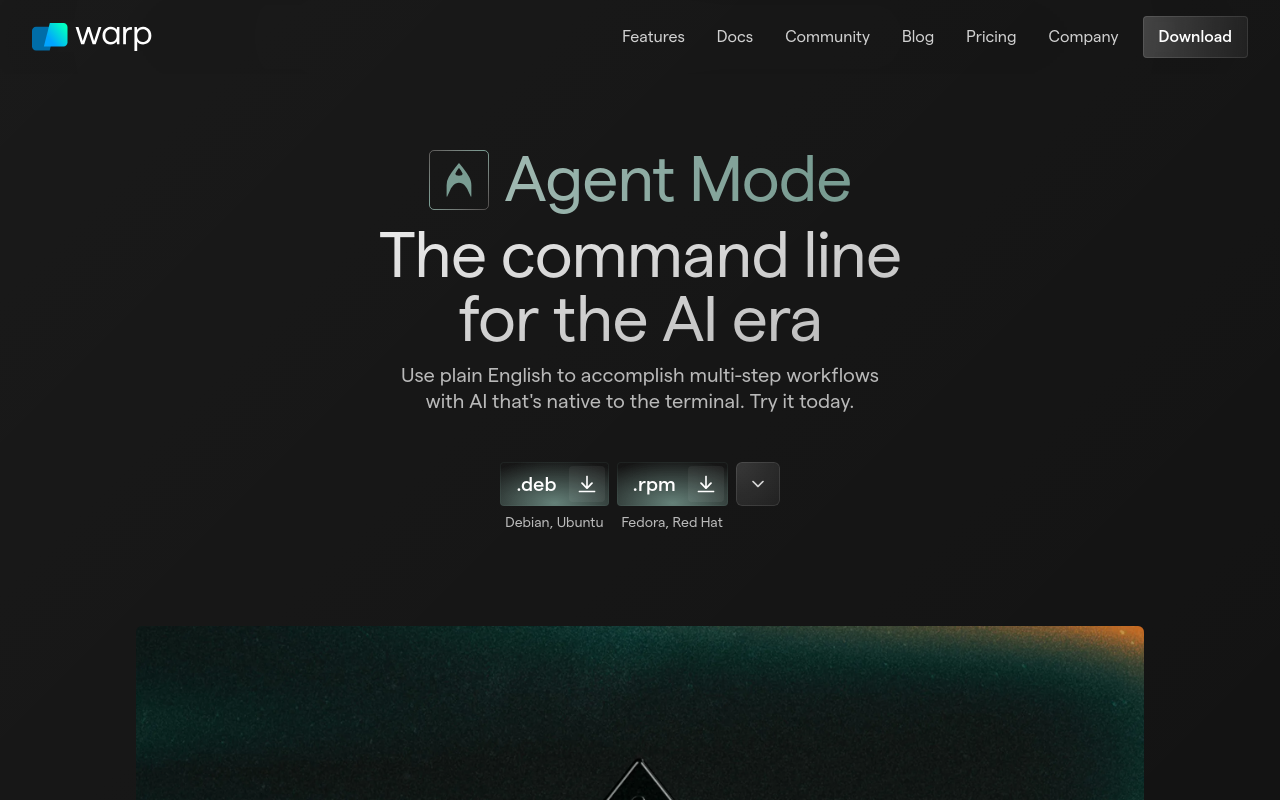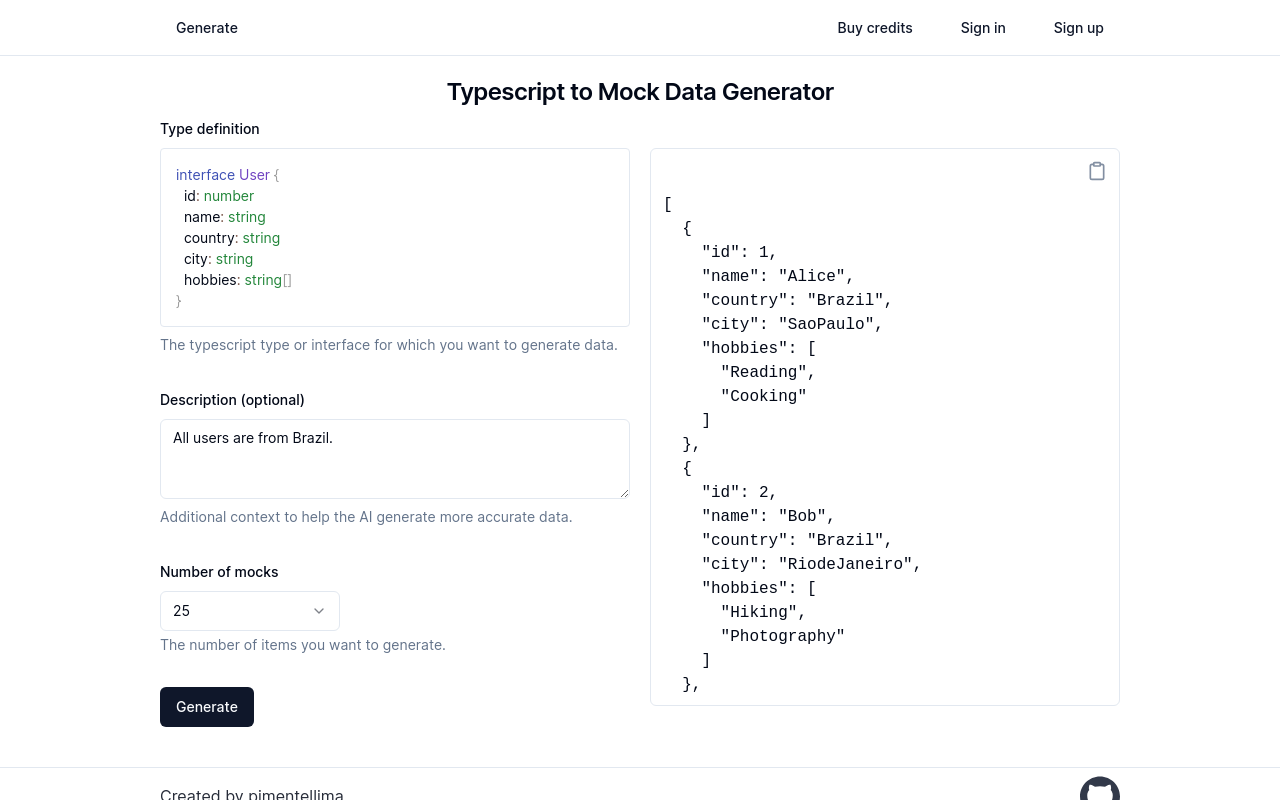Semantic Kernel
Semantic Kernel: A Framework for Building Generative AI Apps
Best for:
- Professional Developers
- AI Enthusiasts
- Data Scientists
Use cases:
- Natural Language Processing
- Data Management
- AI-Driven Decision Support
Users like:
- IT Department
- Data Analytics
- Software Development
What is Semantic Kernel?
Quick Introduction
Semantic Kernel is a versatile software framework designed to facilitate the development of generative AI applications. Developed by Microsoft, this tool is targeted at professional developers who work extensively with languages like C++, C#, F#, TypeScript, PowerShell, Python, JavaScript, and Java. At its core, Semantic Kernel enables seamless integration of language models into applications using the .NET ecosystem, providing a robust environment for building intelligent, scalable, and efficient applications. Whether you are aiming to improve data management, streamline processes, or enhance decision-making, Semantic Kernel offers the necessary tools to achieve these objectives effortlessly.
This AI tool is ideal for creating applications that require advanced AI functionalities, such as natural language processing, data querying, and AI-driven decision support. By integrating Semantic Kernel with Microsoft’s extensive Azure services and the robust .NET framework, developers can leverage high-level AI models to add intelligence and scalability to their applications. From concept to deployment, Semantic Kernel provides a comprehensive suite of functionalities that make it easier to build, test, and maintain generative AI applications.
Pros and Cons
Pros:
- Seamless Integration: Integrates flawlessly with the .NET ecosystem and various Microsoft Azure services.
- Scalability: Allows for creating highly scalable applications leveraging advanced AI models.
- Multi-language Support: Supports a wide range of programming languages including C++, C#, F#, TypeScript, PowerShell, Python, JavaScript, and Java, ensuring broad applicability.
Cons:
- Steep Learning Curve: Requires familiarity with the .NET ecosystem and advanced AI models, which may be challenging for beginners.
- Resource Intensive: High computational requirements can be demanding on system resources.
- Licensing Costs: Can be expensive for small businesses, especially those with limited budgets.
TL;DR
- Integration with Language Models: Enhance applications by integrating advanced language models using the Semantic Kernel framework.
- Scalability: Build intelligent, scalable, and efficient applications.
- Broad Language Support: Utilize a wide array of programming languages within the .NET framework.
Features and Functionality
- Language Model Integration: Enables easy integration of advanced language models to enhance application capabilities, significantly streamlining the process of embedding AI-driven functionalities.
- Multi-language Support: Supports numerous languages such as C++, C#, F#, TypeScript, PowerShell, Python, JavaScript, and Java, making it versatile for developers with differing language proficiencies.
- Scalability Tools: Provides robust tools for building scalable applications that can grow with user demand and data requirements.
- AI Model Management: Facilitates the management of AI models, allowing for efficient updates, versioning, and deployment across various environments.
- DevOps Friendly: Integrates well with continuous integration and deployment processes, making it easier to deploy and manage large-scale applications.
Integration and Compatibility
Semantic Kernel is designed to seamlessly integrate with the .NET ecosystem, making it highly compatible with a wide range of Microsoft products and services. It is particularly well-suited for use with Azure services, such as Azure OpenAI and Azure SQL Database. The framework also has robust support for languages like C++, C#, F#, TypeScript, PowerShell, Python, JavaScript, and Java. Additionally, Semantic Kernel’s compatibility extends to numerous development environments, including Visual Studio and Visual Studio Code, further enhancing its utility for developers.
Benefits and Advantages
- Enhanced Productivity: Significantly reduces development time for generative AI apps by offering pre-built integration features and functionalities.
- Improved Accuracy: Utilizes state-of-the-art AI models to achieve superior accuracy in natural language processing and decision support.
- Cross-Platform Support: Offers multi-language support, providing flexibility and versatility in application development.
- Scalability: Enables creation of scalable applications, capable of handling increasing loads and expanding requirements seamlessly.
- Comprehensive Support: Backed by the robust Microsoft ecosystem, offering a wealth of resources, support, and updates.
Pricing and Licensing
Semantic Kernel is available through various pricing models. While it offers a free tier for individual or small-scale projects, enterprise-level deployments may require more comprehensive plans that include additional features and support services. Microsoft also offers a subscription model, allowing organizations to access evolving features and updates.
Do you use Semantic Kernel?
For detailed pricing and licensing information, it’s advisable to refer to the official Microsoft website or contact their sales team directly.
Support and Resources
Users of Semantic Kernel have access to an extensive range of support options. Microsoft provides detailed documentation, tutorials, and a community forum where users can seek help and share experiences. Additionally, there are formal customer service channels available for troubleshooting and more complex support needs. The framework also has a growing number of LinkedIn Learning courses aimed at helping developers master the use of Semantic Kernel.
Semantic Kernel as an Alternative to:
Semantic Kernel serves as a robust alternative to other AI frameworks like TensorFlow, primarily when the focus is on building generative AI applications with enhanced language model support. Compared to TensorFlow, Semantic Kernel is more tightly integrated with the Microsoft ecosystem, making it a better fit for developers already invested in .NET and Microsoft Azure services.
Alternatives to Semantic Kernel:
- TensorFlow: Ideal for developers looking for a broad open-source framework that supports extensive machine learning projects. TensorFlow excels in building and deploying deep learning models across various platforms.
- PyTorch: A popular choice among researchers and AI professionals for its robust machine learning libraries and ease of use. It is particularly well-suited for research and prototyping.
- Hugging Face Transformers: Perfect for developers needing specialized tools for natural language processing and pre-trained models. Hugging Face offers excellent support for tasks like text classification and translation.
Conclusion
Semantic Kernel stands out as a leading framework for developing generative AI applications, particularly within the .NET ecosystem. Its seamless integration capabilities, multi-language support, and robust tools for scalability make it an excellent choice for professional developers. By leveraging the power of advanced AI models and the extensive resources provided by Microsoft, Semantic Kernel equips developers to build intelligent, scalable, and efficient applications effortlessly.



